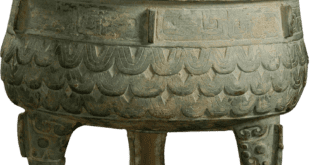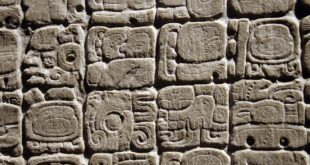Bridging Different Worlds – A Closer Look at Biological Anthropology
Introduction
We live in a world that is always changing and evolving. As humans, we are curious beings who are always seeking answers to questions about ourselves and the world we live in. Biological anthropology offers us a way to do this, as it bridges different worlds and offers us a closer look at the biological basis for human behaviour.
Bridging Physiological and Cultural Worlds
One of the ways biological anthropology bridges different worlds is by connecting the physiological and cultural aspects of human behaviour. By combining knowledge from fields such as genetics, neuroscience and anthropology, we can gain a greater understanding of how biology and culture interact to shape our behaviour, beliefs and practices.
Biological Basis for Behaviour
Biological anthropology allows us to explore the biological basis for our behaviour. Through studies and research, we have learned that genetics and environmental factors can influence things such as our temperament, personality traits and risk-taking behaviours. This information can be invaluable for helping us understand and intervene in areas such as mental health, addiction and criminal behaviour.
The Role of Cross-Cultural Research
Cross-cultural research is another tool biological anthropology uses to bridge different worlds. Through comparative studies of different societies and cultures, we can discover similarities and differences in behaviour, practices and beliefs. Understanding these differences can provide insight into the complexity of human behaviour and help us appreciate the diversity that exists across cultures.
The Importance of Biological Anthropology
Biological anthropology is an important field that helps us understand ourselves and the world around us. The knowledge gained from this discipline can be used to enhance human well-being, foster cultural understanding and appreciation, and promote positive social change.
Applications in Medicine
In the field of medicine, biological anthropology is playing an increasingly important role. Studies have shown that differences in genetics and environmental factors can affect how drugs are metabolized and how diseases occur. Understanding these differences can help improve diagnostics, treatment and prevention methods for different populations.
Social Implications
There are also social implications to the insights provided by biological anthropology. Understanding how biology and culture interact can help prevent discrimination and stereotyping of different groups based on genetic or cultural differences. It can also allow us to celebrate diversity and promote cross-cultural communication and understanding.
Final Thoughts
Biological anthropology offers a unique perspective that bridges the gaps between physiology, culture and behaviour. By combining insights from a wide range of disciplines, this field offers us a valuable tool for understanding ourselves and the world we live in. Its applications in both medicine and society writ large make it an important field with potential for aiding humanity in lasting and profound ways. Let’s encourage and support its further growth and development, and reap the benefits of what we discover along the way.
 Mind Uncharted Explore. Discover. Learn.
Mind Uncharted Explore. Discover. Learn.



